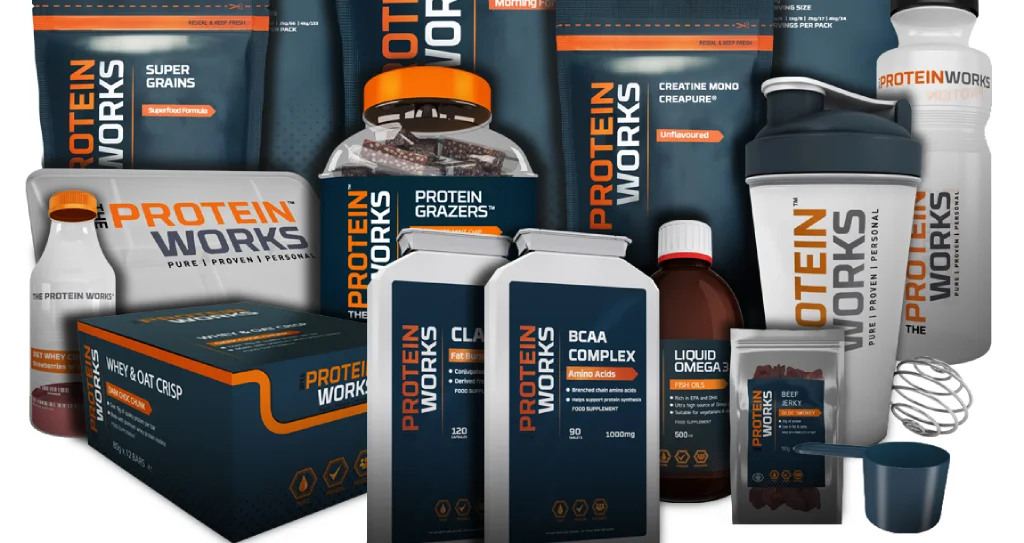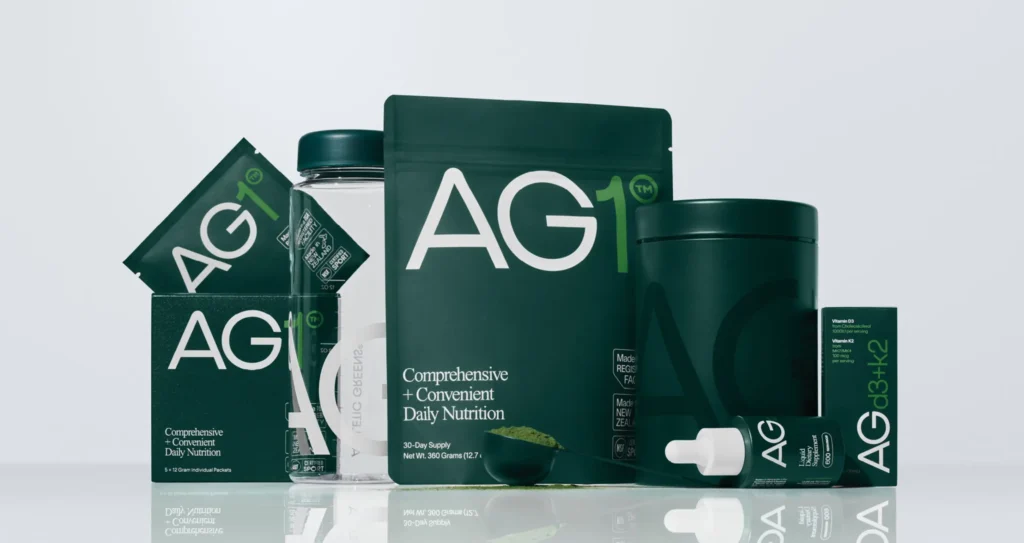Introduction:
Because of its various capabilities in the body, protein every now and again becomes the dominant focal point in weight reduction endeavors. Protein is essential for weight management and fat loss in addition to muscle growth and repair. With regards to getting more fit, knowing how to integrate protein into your eating routine can have a major effect. In this blog, we’ll take a gander at the science behind how protein assists individuals with shedding pounds and proposition viable guidance on utilizing protein to consume fat.
The Science Behind Protein And Weight Loss:
- Satiety And Reduced Appetite:
Protein is known to expand sensations of completion more than fats and carbs. This is in part due to the fact that protein boosts levels of peptide YY, a hormone that makes you feel full, while decreasing levels of the hunger hormone ghrelin. You can naturally cut calories in general by including more protein in your meals. - Thermogenic Effect Of Food (TEF):
The thermogenic impact of food alludes to the quantity of calories expected to process, ingest, and use supplements. Protein has a higher thermogenic impact contrasted with fats and sugars, meaning your body consumes more calories handling protein. This expansion in calorie consumption can add to weight reduction over the long run. - Preservation Of Lean Muscle Mass:
Weight loss is about losing fat while keeping your lean muscle mass.Protein is absolutely necessary for maintaining muscle tissue when used in conjunction with regular resistance training. Because your resting metabolic rate is higher when you are at rest, you burn more calories even when you are at rest when you have more muscle mass.
How To Incorporate Protein For Effective Fat Burn:
- Start Your Day With Protein:
Beginning your day with a high-protein breakfast can set the tone for the rest of your meals. Options like Greek yogurt, eggs, or a protein smoothie can help control hunger and reduce mid-morning cravings. - Protein With Every Meal:
Guarantee that every dinner incorporates a wellspring of great protein.Lean meats, fish, eggs, dairy, vegetables, and plant-based protein sources like tofu and quinoa are instances of this. Try to get 20-30 grams of protein from each meal. - Healthy Snacking:
Replace high-carb snacks with protein-rich alternatives. Nuts, seeds, cheese, and protein bars or shakes are excellent options that can keep you satiated between meals. - Post-Workout Protein:
Consuming protein after a workout aids in muscle recovery and growth. A protein shake or a meal rich in protein within 30 minutes of exercising can help maximize the benefits of your workout. - Evening Protein Intake:
Contrary to popular belief, consuming protein in the evening can be beneficial. A protein-rich snack before bed can support muscle repair overnight and help maintain your metabolism.
Protein Sources To Consider:
Whey Protein: Fast-digesting and ideal for recovery after exercise
Protein From Casein: Slow-processing, ideal for evening time.
Plant-Based Proteins: Proteins made from soy, pea, and hemp are excellent options for vegans.
Entire Food Varieties: Chicken, turkey, fish, eggs, Greek yogurt, and vegetables are incredible regular wellsprings of protein.
Conclusion:
A powerful weight loss and fat burning strategy is to include protein in your diet. By utilizing the advantages of expanded satiety, more fatty consumption, and muscle safeguarding, protein can assist you with accomplishing your weight reduction objectives all the more really. To get the most out of these benefits, remember to choose protein sources of high quality and spread out your intake throughout the day. Making protein a staple of your diet can have a significant and long-lasting impact on your weight loss efforts, regardless of whether you are just getting started or looking to refine your strategy.
Note: When you make a purchase through our affiliated links, a small commission is earned by us.





Leave feedback about this